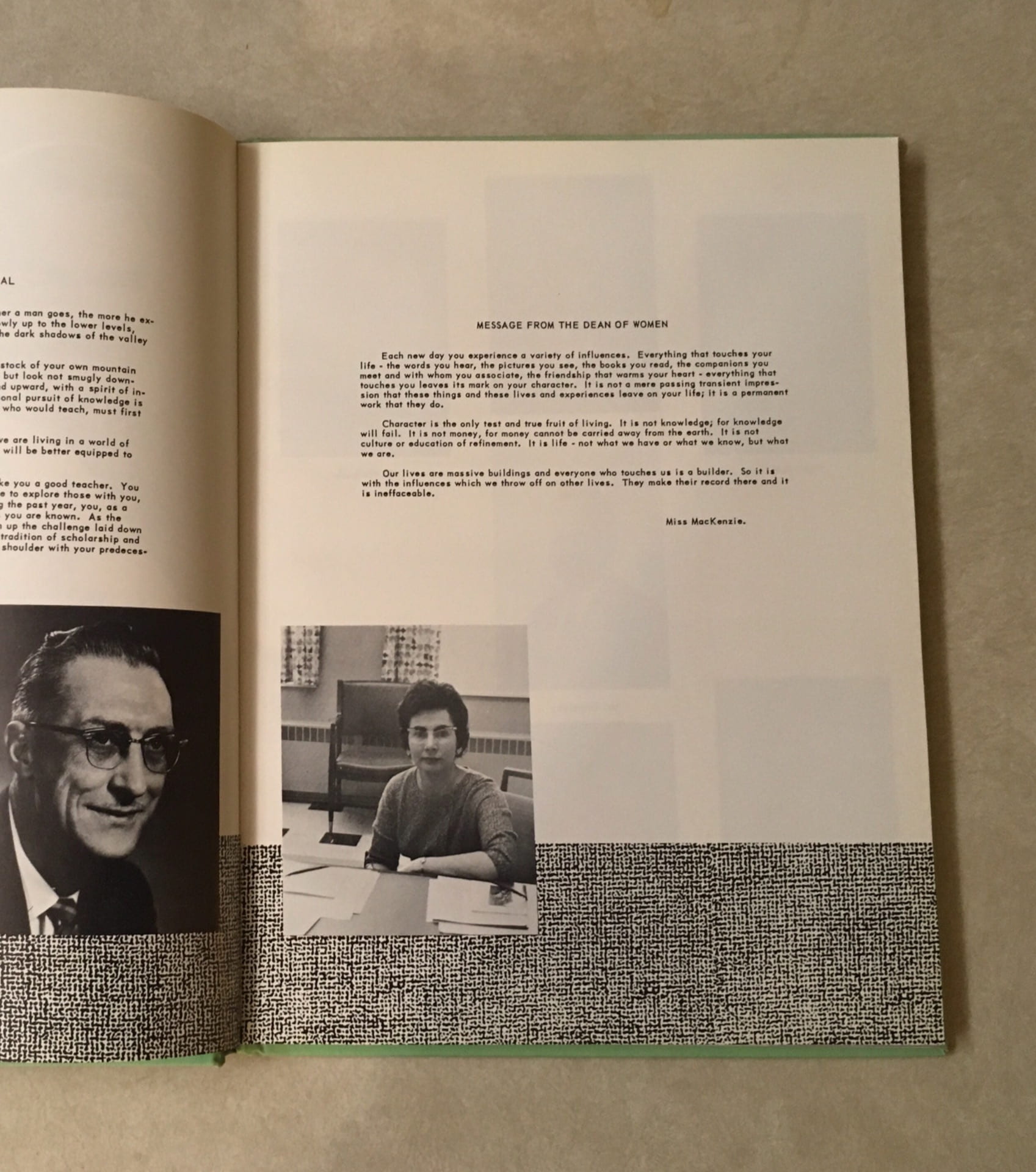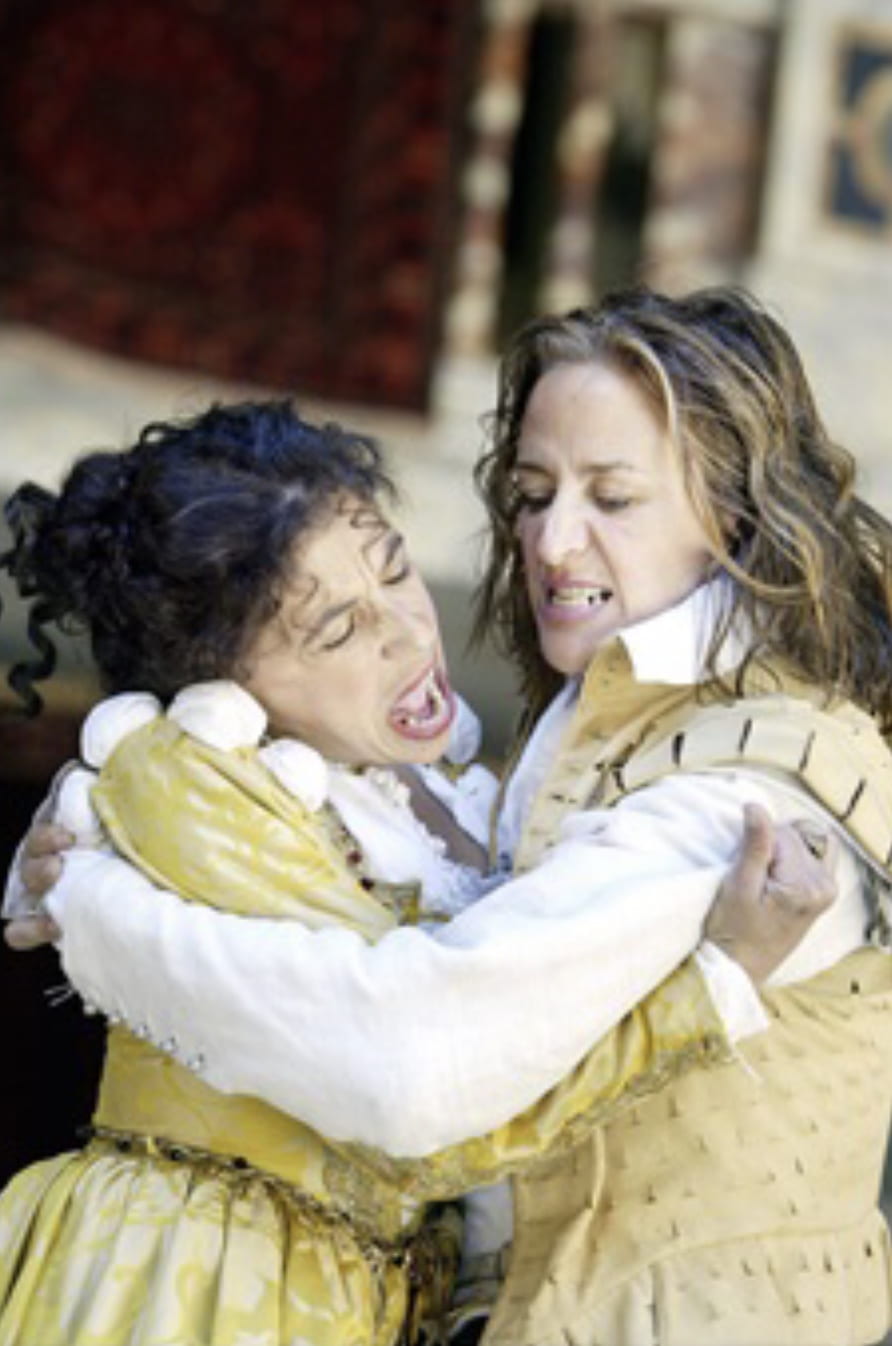To be honest, when we started this unit I was unsure what I would be learning from it. We had completed our civil rights We Shall Overcome unit last year and it appeared that we had learned all there was to learn about human rights and equality. After our dive into Shakespeare’s Taming of the Shrew this week however, I have reconsidered this notion. I now recognize women’s rights is a complex issue that is as equally challenging to understand as it has been to fully address. There is good, there is bad, there is continuity and there is change, and sometimes these factors exist in paradox tangling the web even further. In this post, I am going to outline what I have learned in the last week that makes me think this and just why I now believe women’s rights are essential to teach in school

One prominent thing I learned this week is that women have been continuously forced throughout history to live up to different societal expectations than men, and that an inability to do so can bring humiliation. For example, in Taming of the Shrew, “Shakespeare seems to set up a tension between, on the one hand, a desire for escape from social conventions, and, on the other, humiliation as a method to suppress these desires in social subordinates” (Wachter, 2016). Characters such as Gremio are appalled at the unladylike actions of Kate and paint a humiliating image of her by declaring that he would rather “be whipp’d at the high cross every morning.” (Shakespeare, I. I. 129-130) then marry her. Humiliation can be brought about by women not living up to societal standards, but also from the exact opposite. For example, in the essay we studied this week titled My Body is my Business, the female author who tried hard to live up to male beauty ideals claims that “feeling that one has to meet the impossible male standards of beauty is tiring and often humiliating.” (Mustafa, para. 14).
If we just look at this evidence, it seems like a simple statement of women’s rights should be that “women should not have different societal standards then men because it always leads to negative outcomes”. I thought this was true before this unit started, but then a pile of boxes arrived at my house.

My great uncle left my mother with an inheritance of items and this included his university yearbook. Flipping through it, I came across the following page:
I had never heard of a “Dean of Women”, but it sounded to me like another example of women suffering from being considered unequal to men. I then did some research however, and discovered that it actually enabled many women to hold administrative positions and that the removal of it led to less than 20% of deans being female in the late 1980s. With this example, I now saw that women being treated differently from men sometimes created disadvantage but also sometimes created advantage, adding a new layer of complexity to my understanding.
Another thing I learned which complicates the issue of women’s rights is that some things don’t change while others change regularly. For example, outspoken women being considered “shrewd” isn’t just a modern concept depicted by cartoons mocking women’s suffrage, but one that dates back hundreds of years and likley longer, as seen in The Taming of the Shrew. Although this hasn’t changed, the comedic nature and tolerance of a shrewd character has. A reviewer of 10 Things I Hate About You (a modern film adaptation of The Taming of the Shrew) states that “since society’s viewpoint on issues such as marriage and comedy have changed, the film works to reflect those changes and try to get the same point across to a new audience.” (Butcher, 2015). With a change in societal attitudes towards many of the concepts brought up in The Taming of the Shrew, comprehending women’s rights historically becomes an even more challenging task.
A “Shrewd” woman is one who is considered defiant and inappropriate, often using aggressive methods to assert their independence against men. Photo credit to source 3.
I used to think that women’s rights was simply about fighting the age-old war against the evils of men. I now realize however that some of these “evils”, such as the Dean of Women, weren’t really evils at all. I also realize that societal attitudes change and with them so does the notion of what women’s rights means. With all these added layers revealed to me, I now understand why we need to spend a whole unit studying this in school and will approach further learning with a new sense of purpose.
Works Cited
To make sure my sources were accurate, relevant and reliable,
- I dove deeper into sources, such as in the about section of the British Library, to determine how long they had been established, how far their impact spanned and other indicators of credibility.
- I made sure all of the sources were relevant through dating them. Most of the sources were from the last five years, the exception being sources regarding the Dean of Women. This is an older topic that does not have much modern discussion however and thus older sources I deemed to still be relevant.
“About Us | British Library.” The British Library, 21 Oct. 2020, https://www.bl.uk/about-us.
Butcher, Chloe. “How Society Impacted Shakespeare- Taming of the Shrew.” So There’s That…, 20 May 2015, https://criticsoftheclassics.wordpress.com/2015/05/20/how-society-impacted-shakespeare-taming-of-the-shrew/.
De Wachter, Rachel. “Power and Gender in The Taming of the Shrew.” The British Library, https://www.bl.uk/shakespeare/articles/power-and-gender-in-the-taming-of-the-shrew. Accessed 25 Oct. 2020.
“Dean of Women – Wikipedia.” Wikimedia Foundation, Inc., https://en.wikipedia.org/wiki/Dean_of_women. Accessed 25 Oct. 2020.
Schwartz, Robert. “Project MUSE – How Deans of Women Became Men.” Project MUSE Logo, https://muse.jhu.edu/article/30033. Accessed 25 Oct. 2020.
Shakespeare, William. The Taming of a Shrew. Cambridge University Press, 1998.
https://cpb-ca-c1.wpmucdn.com/myriverside.sd43.bc.ca/dist/6/1809/files/2016/05/My-Body-Is-My-Own-Business-Uniform-of-Oppression-text-2eew4um.pdf. Accessed 25 Oct. 2020.




The Dean of Women is an interesting topic! Up until the last five years, the North Vancouver Teacher’s Association (our union) had a committee called the Status of Women. It’s interesting to consider why that necessary and also why it no longer exists.